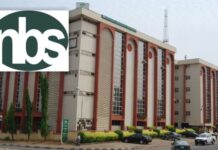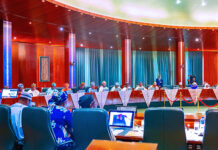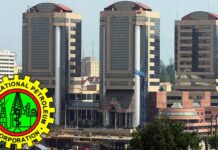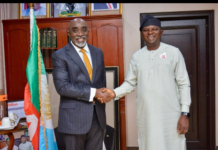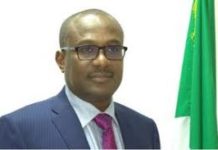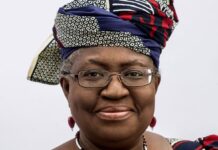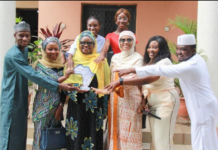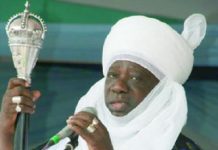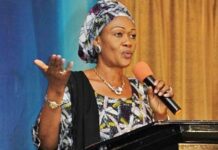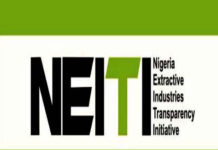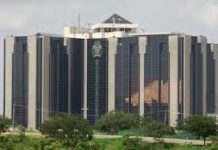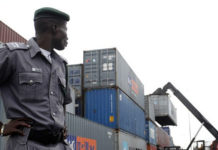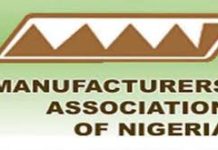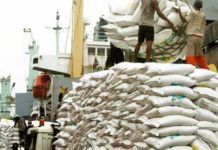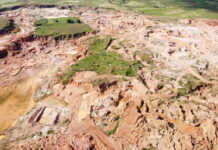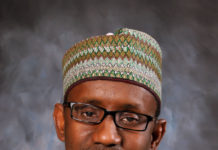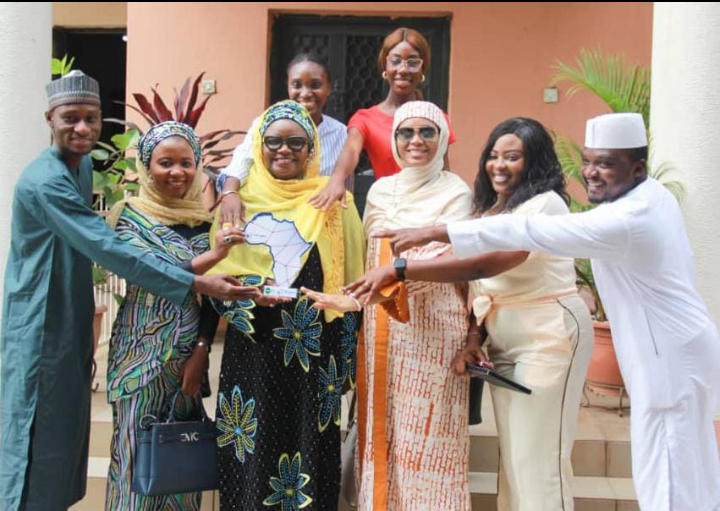
HOMEF: Unchecked Mineral Extraction Will Cause Ecological Damage To Nigeria
According to the Health of Mother Earth Foundation (HOMEF), decades of unchecked and inadequately monitored mineral extraction as well as the growing consequences of climate change have posed great ecological challenges to Nigeria.
Nnimmo Bassey, the director, Health of Mother Earth Foundation stated this in his opening remarks at the maiden edition of the Nigeria Socio-Ecological Alternative Convergence which held in Abuja on Thursday, May 20, 2024.
According to Bassey “Years of unchecked and inadequately monitored mineral extraction, deliberate destruction of the environment in the pursuit of urbanisation and industrialization, ineffective policy making and enforcement, and the growing consequences of climate change have all come together to pose grave ecological challenges to our nation. Across every area, ecosystems are declining, communities are facing grave danger, and the future is increasing uncertain.
He stated that in 11 states of Nigeria, “we see increasing spates of drought and desertification that disrupt fishing, farming and herding livelihoods, driving a significant number of the population down the poverty ladder.
The environmental activists noted that the challenge has also resulted in severe health, sanitation and nutrition risks. The overall poverty and uncertainty engendered by drought-induced crop failures and water shortages force rural populations to migrate, triggering conflicts and creating socio-economic challenges.”
Bassey quoted official government reports which stating that the 2022 floods displaced over 1.4 million people, killed over 603 people, injured more than 2,400 people, destroyed 82,035 houses and inundated 332,327 hectares of land.
“The estimated economic loss occasioned by the flood was put at $9.12 billion or N4.2trillion,” he said.
He noted that elsewhere in the country, floods have become a near yearly occurrence. Since 2012, the pattern of severe flooding has persisted, with major incidents occurring almost annually. These floods are often attributed to heavy and prolonged rainfall, poor urban drainage systems, deforestation, and the release of water from dams.
Read Also:
He further quoted the United Nations, which states “Nigeria has the world’s highest and fastest rate of deforestation, with an estimated 3.7% of its forests destroyed each year. Nigeria’s forest cover has drastically reduced from about 40% in the 1960s to less than 10%. With the increasing spate of deforestation, the scenario is much worse today. Deforestation threatens biodiversity, disrupt community livelihoods, threaten wildlife and contributes to climate changes”
He added that the Nigeria Socio Ecological Alternatives Convergence had been co-created with civil society organizations, frontline communities, activists and academics as a space for thinking, planning and acting to drive an alternative ecological blueprint for Nigeria- an alternative ecological approach that respects the right of mother earth, and protects the planet and its people.
In his remarks Prof. Chinedu Mwajiba, Chairman, Board of the Nigerian Environmental Study Action that one of the impacts of climate change is the unpredictability of weather variables.
“We have changes in rainfall regime in terms of commencement, cessation, intensity, and so on. We have frequency of occurrence of extreme events. You all notice it. You feel it. But there’s also, like I said, the one I have not seen which I’m adding, based on my experience practically at rural levels with the work I do, is that farmer confusion. confusion is that nothing is predictable anymore.
The Don noted that farmers now become confused as a result of no pattern. “You can’t really come out and say rains will start here and end here anymore. Sometimes the rains start when they should start and stop when they do, so there’s no more pattern to anything.
Highlight of the event was the presentation of the Nigeria Socio Ecological Charter that highlight the key ecological challenges across the country and presents a policy pathway that is both progressive and protective of the planet.
“The Charter represents a powerful call for a fundamental transformation of Nigeria’s socio-ecological landscape. It outlines a vision and plan for creating a sustainable, fair, and balanced society that prioritizes the well-being of individuals and the preservation of the natural world.
The Charter presents a clear roadmap towards achieving our collective vision for our ecological wellbeing, firmly grounded in the values of fairness, inclusivity, and long-term sustainability.”

